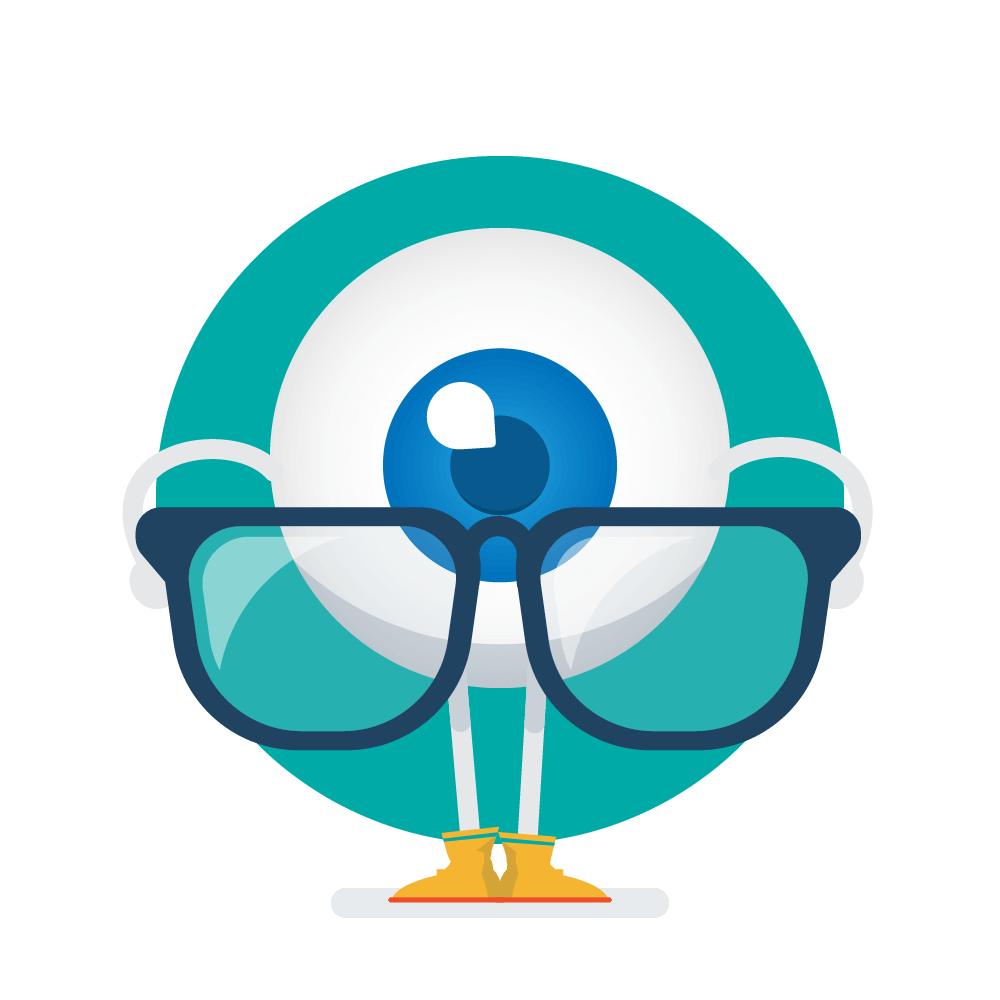Most people go in and have an eye examination and everything looks fine. The purpose of a normal comprehensive eye exam is to check the health of your eyes, which is very important. Your eyes should be dilated once a year to make sure everything is okay at the back of the eye. Tracking that from year to year is important. In addition, when an eye doctor checks your vision, they are checking to see if you are seeing clearly at a distance and near, and if you aren't, then they will prescribe glasses or contact lenses.
What is the drawback of just having a comprehensive eye exam?
The problem with the standard eye exam is that there are a large number of other functions of the eyes which aren’t examined in a typical eye exam. One of those is convergence which is following the eyes as they follow something closer and closer to your nose. Convergence is an active process. Our eyes have to work correctly during this process. If an eye doctor doesn't check for convergence, convergence problems can go undetected. Often, patients come back after having an eye exam and still suffer from blurred vision and headaches when they read, so they want a second opinion and want to know what is wrong. During a behavioral/developmental eye exam (also known as a functional vision exam or vision therapy eye exam) the eye doctor spends much more time looking at all aspects of vision, those things are fairly easy to spot. It's really important to get a functional vision exam, to examine all aspects of your vision.
What is a functional vision exam?
The only test that can diagnose vision problems detrimental to learning and quality of life, as well as ensure that all essential visual skills are functioning properly, is a functional vision examination, also known as a vision therapy assessment. You can learn about the function of your child's eyes, how their brain impacts their vision, and if their eyes are properly aligned by undergoing a functional vision exam. One of the key components of a developmental eye exam is to look at the visual function as it applies to the age and grade of your child. Is your child able to meet the functional requirements for reading at their grade level.
During a functional or developmental eye exam the eye doctor looks at everything done in a comprehensive eye exam and much more:
- Refraction (testing for the need for glasses or contact lenses)
- Accommodation (testing how our eyes focus)
- Binocular vision (How the eyes work together as a team)
- Visual processing abilities (the brain's ability to use and interpret visual information)
- Oculomotor skills (How our eyes move and how we control their movement, for example how our eyes track across a sentence)
What happens after your child’s functional vision exam?
During the evaluation, our behavioral optometrist will identify potential visual deficits that may affect your child's ability to focus and learn. You will be informed of the skills you need to acquire and how together with our eye doctor and therapist you can accomplish this goal.










